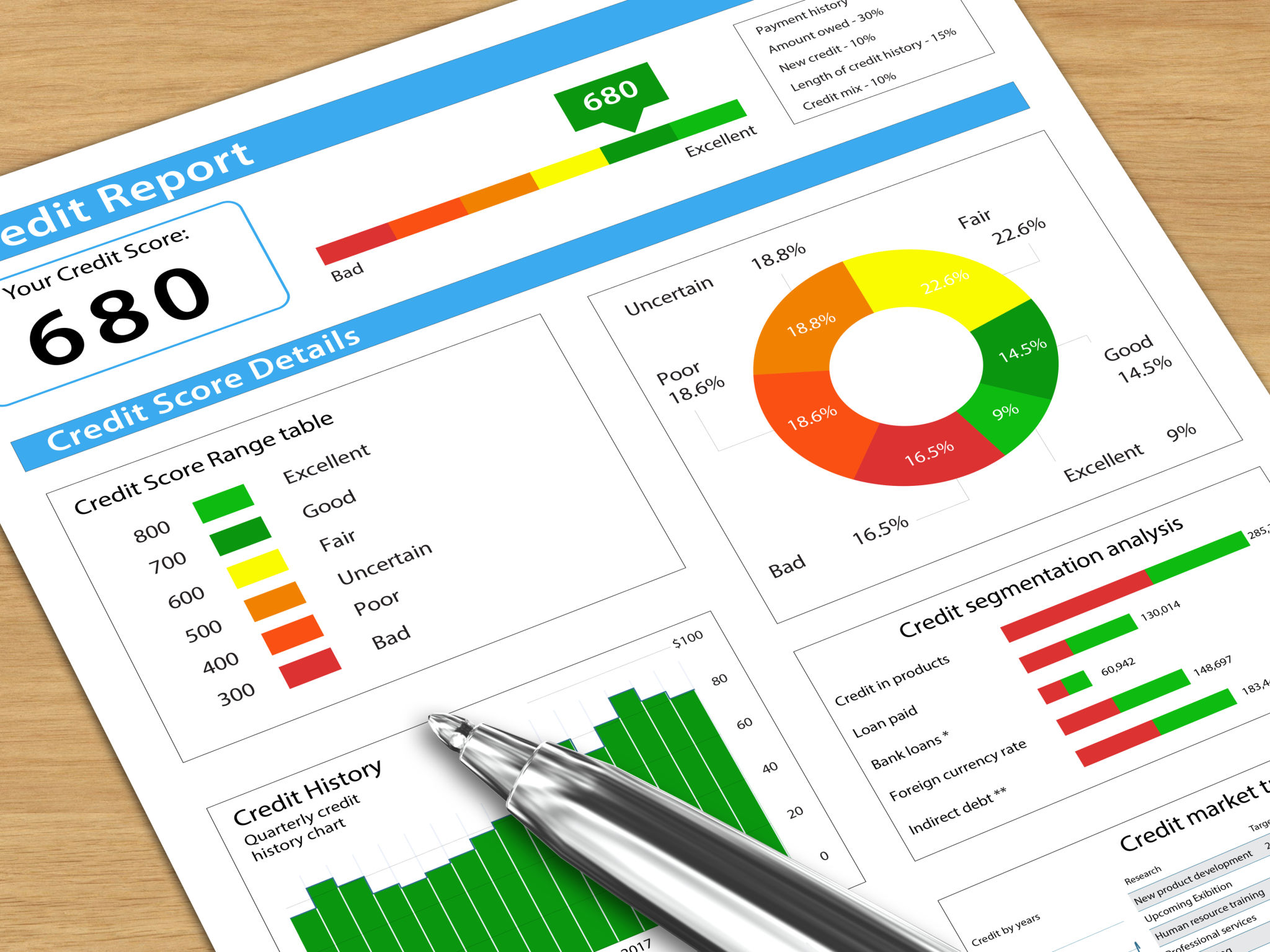How to Navigate Business Credit Reporting in Chicago
Understanding Business Credit Reporting
Business credit reporting is an essential aspect of financial management for companies in Chicago. It involves tracking the creditworthiness of a business and compiling credit reports that lenders and suppliers use to assess risk. By understanding business credit reporting, companies can effectively manage their financial health and secure better financing options.
In Chicago, as in other major cities, maintaining a healthy business credit score can open doors to numerous opportunities. It helps in securing loans with favorable terms, establishing trust with vendors, and even negotiating better lease terms for office spaces. However, navigating this complex landscape requires a solid understanding of how business credit reporting works.

Key Components of Business Credit Reports
Business credit reports are compiled by credit reporting agencies and include several key components. Understanding these components is crucial for managing your business's financial reputation.
- Credit Score: This is a numerical representation of a business's creditworthiness, similar to a personal credit score. It is calculated based on various factors such as payment history, debt levels, and the age of credit accounts.
- Trade Lines: These are records of a business's credit accounts and payment history with suppliers and lenders. They provide insight into how a company manages its debts.
- Public Records: Information such as bankruptcies, liens, or judgments that are part of the public record can significantly impact a business's credit report.
The Role of Credit Reporting Agencies
In Chicago, several major credit reporting agencies collect and maintain business credit information. These agencies include Dun & Bradstreet, Experian Business, and Equifax Business. Each agency may have slightly different data on your business, so it's crucial to regularly check reports from all three to ensure accuracy.

These agencies gather information from various sources, including banks, suppliers, and public records. They then compile this data into comprehensive reports that reflect a business's financial behavior. Understanding how these agencies operate can help you take proactive steps in improving your business credit score.
Steps to Improve Your Business Credit Score
Improving your business credit score in Chicago involves strategic financial management and attention to detail. Here are some steps you can take:
- Check Your Credit Reports Regularly: Reviewing your business credit reports regularly allows you to identify errors or discrepancies that could negatively affect your score.
- Pay Bills on Time: Timely payments to creditors and suppliers demonstrate reliability and positively influence your credit score.
- Manage Debt Levels: Keeping debt levels manageable reduces financial risk and can improve your creditworthiness.
- Build Positive Trade Lines: Establishing strong relationships with suppliers and lenders can lead to positive trade lines on your credit report.

The Impact of Local Economic Factors
Chicago's vibrant economy presents both opportunities and challenges for businesses concerning credit reporting. Local economic factors such as industry growth trends and regional market conditions can influence a company's financial standing. Staying informed about these factors can help businesses anticipate changes that might affect their credit reports.
Furthermore, engaging with local business networks and community resources can provide additional support in navigating the complexities of business credit reporting. Organizations such as the Chicago Chamber of Commerce offer valuable insights and resources that can aid businesses in maintaining strong credit profiles.
By understanding the intricacies of business credit reporting in Chicago, businesses can better position themselves for success in the competitive marketplace. Regularly monitoring credit reports, managing financial obligations responsibly, and leveraging local resources are all critical steps in this process.